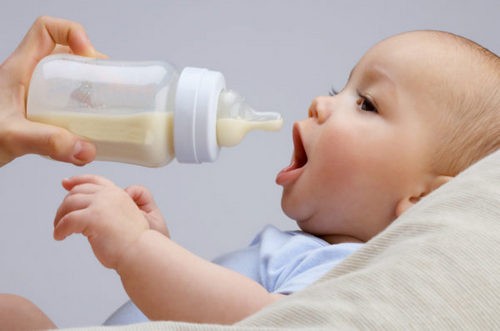A group of scientists from the University of Iowa (Iowa State University) decided to study how caffeine consumed by a pregnant woman affects the condition and development of the fetus. To do this, the researchers constructed an artificial placenta, simulating the fetoplacental barrier.
Using the “placenta-on-a-chip”, they decided to check which specific molecules are able to cross this barrier by entering the fetal bloodstream, and which do not penetrate it.
To do this, they used the thinnest channels with a height of 100 microns and a width of 400 microns. From the “maternal” side, trophoblastic cells grown by scientists were located (the same ones that make up the bulk of the placenta), and from the “fetus” side, there were endothelial cells lining the umbilical vein.
The authors decided to test the functioning of the placenta on a chip on caffeine. They measured the concentration on the “maternal” side for 7.5 hours.

The initial concentration of 0.25 mg / ml after 6.5 hours turned into 0.1513 mg / ml, and on the “side of the embryo” the concentration of caffeine was 0.0033 mg / ml. This means that the caffeine contained in drinks can indeed penetrate the fetoplacental barrier, potentially affecting the fetus.
Researchers note that the device they created is not perfect, but they believe that it is impossible to ignore the data they received. They plan to continue research in this area.



